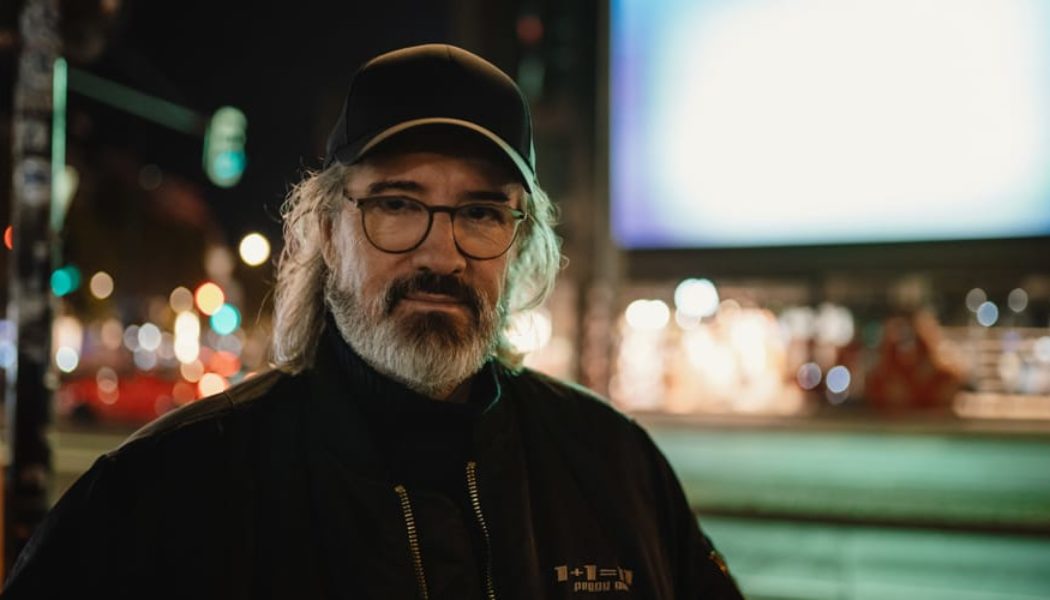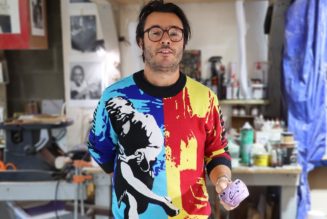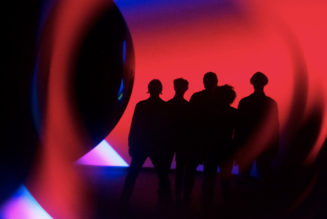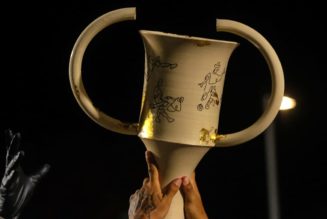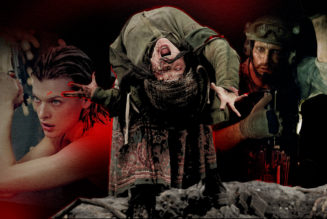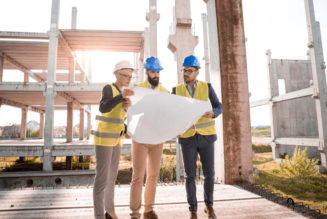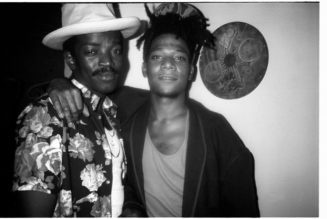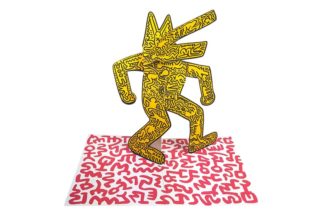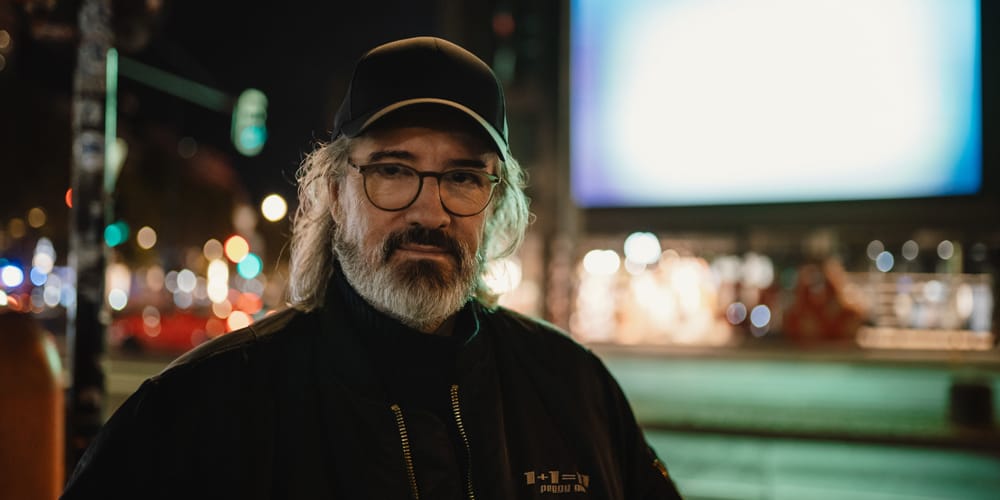
Olafur Eliasson’s latest project, Lifeworld, transforms major city screens into abstract visual landscapes, marking a significant partnership between CIRCA and WeTransfer. Launched on October 1, the digital art installation is appearing nightly at 20:24 on screens in iconic global locations: London’s Piccadilly Lights, K-Pop Square in Seoul, Berlin’s Limes Kurfürstendamm and throughout November on Times Square’s 92 screens in New York as part of Time Square Art’s Midnight Moment.
The installation, centered around soft, blurred abstractions, invites viewers to explore the familiar yet undefined aspects of public spaces, reflecting their surroundings in real-time through a fogged lens. Eliasson aims to break away from the consumer-driven imagery often dominating these screens, prompting reflection on one’s place and choices within metropolitan life. Each visual abstraction on Lifeworld functions as a “mirror” to the viewer, exploring collective experiences and connections within shared spaces.
As part of Lifeworld, CIRCA is offering limited-edition prints inspired by the project’s color palettes and light dynamics, available until December 31, 2024. The prints echo Eliasson’s studies in color perception, inviting further engagement with the sensory nuances of public spaces.
Learn more about Lifeworld by reading our exclusive interview with Olafur Eliasson below.
I wanted to create a space where there’s no definitive answer, just an invitation to let the mind wander.
How do you envision slowing down influencing people’s perception of their environment in a bustling area like Times Square?
In places like Times Square, everything moves fast—people, lights, advertisements. It’s an environment that conditions you to keep moving, to consume, to pass by without truly seeing. By slowing down, we invite a chance to notice what’s often overlooked, to experience time and place in an entirely different way. When we slow down, things open up.
What role do you see abstraction playing in how people connect with public art? Why is ambiguity important to you in this piece?
When we remove clear narratives, the artwork becomes more about the viewer’s personal response, their own experiences. Ambiguity gives them permission to bring something of themselves into the experience. With Lifeworld, I wanted to create a space where there’s no definitive answer, just an invitation to let the mind wander.
How does Lifeworld comment on the way modern technology shapes our view of reality? What does “living in renderings” mean for our everyday experience?
When I say “we live in renderings,” I’m referring to how much of our world today is mediated through screens and images. We experience so many things virtually—filtered, curated, rendered in high resolution, but often disconnected from the physicality of the experience. ‘Lifeworld’ plays with this idea by embracing an abstract, blurred aesthetic. It’s a way of showing that life isn’t always high-definition; it’s layered, textured, sometimes unclear.
What impact do you think ‘softness’ has in high-energy spaces like Piccadilly or Times Square? How can art soften a city’s atmosphere?
Softness in a city space is almost radical because it’s unexpected. These areas are full of sharp edges—advertisements are bright, messages are clear, everything is built to grab your attention. But when you introduce something soft, you shift that dynamic. Softness allows viewers to let their guard down; it doesn’t demand anything from them.
What role does authority play in public spaces, and how does Lifeworld aim to redistribute that authority?
Public spaces are often dictated by forces beyond our control—advertisers, governments, institutions. There’s a sense that these spaces are “owned,” that they have a purpose already defined for us. By creating an open-ended work, one that doesn’t tell people what to think, the artwork shifts the experience onto them. It’s an invitation to engage on their own terms, to feel that they have a stake in how they perceive and interact with the space around them.
